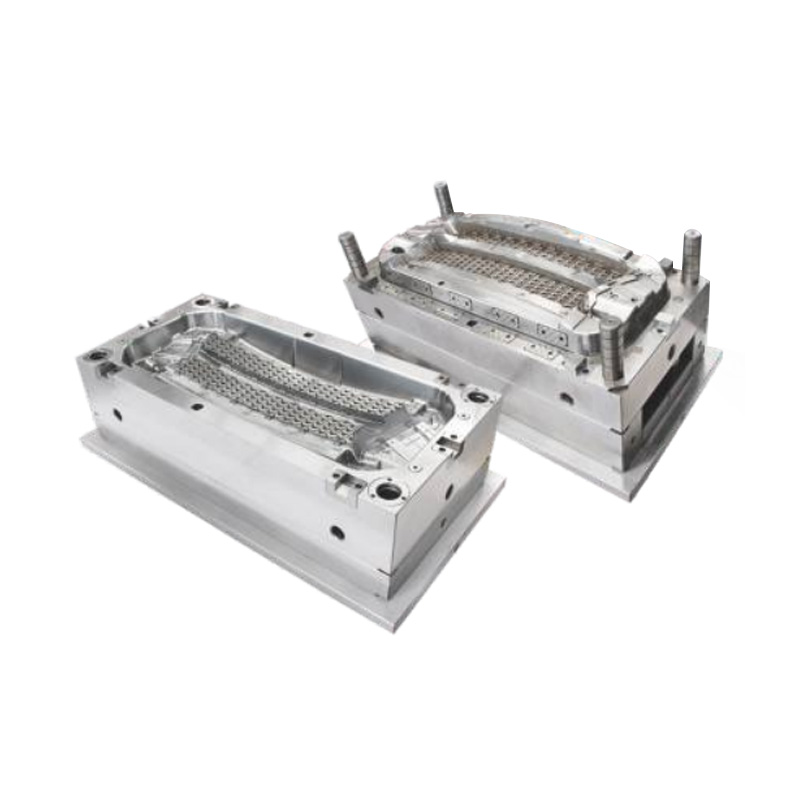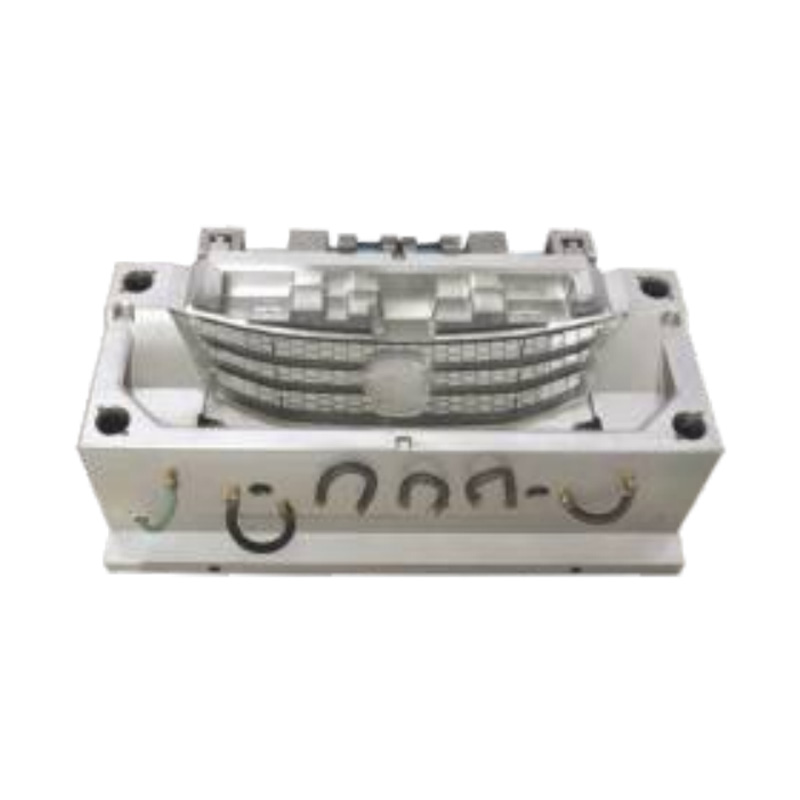Drum Shaft and Pulsator Plastic Mold for Washing Machine
The plastic mold of the drum shaft impeller of the washing machine is ...

Modern vehicles rely heavily on plastic components produced through precision molding. From dashboards to safety-critical connectors, every part must meet strict standards. Quality testing ensures that processes like auto injection mould, automotive parts molding, and automotive plastic injection moulding deliver safe, durable, and efficient components.
Automobiles face extreme conditions—temperature changes, vibration, and continuous wear. Poorly made parts can lead to malfunctions or even accidents. By testing products made from auto injection mould, manufacturers guarantee that tolerances and dimensions remain accurate. Similarly, in automotive parts molding, tests detect hidden flaws like cracks or weak weld lines before parts are installed in vehicles. For companies specializing in automotive plastic injection moulding, quality checks provide assurance that every batch matches industry safety regulations.

A variety of testing methods are used in the industry to ensure reliability. Common approaches include:
| Test Type | Purpose | Application in Automotive |
| Dimensional Testing | Verifies size and accuracy | Applied in auto injection mould for dashboard panels |
| Mechanical Strength | Ensures durability under stress | Used in automotive parts molding for seat components |
| Thermal Resistance | Tests performance under heat | Applied in automotive plastic injection moulding for engine covers |
| Visual Inspection | Detects surface flaws | Used in all molding processes for aesthetic parts |
These steps help confirm that parts molded through auto injection mould or other processes can withstand real-world conditions.
Every production method requires tailored testing. For example, auto injection mould processes often involve high-speed cycles, meaning there’s risk of dimensional drift over time. This is why constant measurement is required. With automotive parts molding, the variety of parts—from large panels to small clips—means different stress and durability tests are necessary. On the other hand, automotive plastic injection moulding emphasizes complex shapes and thin walls, demanding rigorous inspections for uniform thickness and consistency.
At first glance, quality testing might seem like an additional expense. However, companies using auto injection mould techniques quickly discover that testing prevents expensive recalls and warranty claims. For automotive parts molding, eliminating defective batches early in the process reduces material waste. In automotive plastic injection moulding, testing helps minimize production downtime by identifying tool wear before it leads to costly breakdowns. In the long term, thorough testing is a cost-saving strategy rather than a burden.

The automotive industry is highly regulated, with safety standards set by organizations worldwide. Testing ensures compliance. For auto injection mould manufacturers, achieving ISO certifications demonstrates reliability. In automotive parts molding, meeting international benchmarks gives suppliers access to global markets. Likewise, companies excelling in automotive plastic injection moulding are better positioned to collaborate with leading car brands, as their products consistently meet global quality expectations.
As vehicles become smarter and lighter, testing will grow even more important. Electric vehicles, for instance, use specialized parts produced via auto injection mould, which must endure high voltage and heat. With automotive parts molding, new lightweight designs demand advanced fatigue and vibration testing. Meanwhile, automotive plastic injection moulding is expected to integrate real-time quality sensors within machines, ensuring that every piece is tested while it’s being made. This shift toward automation will raise both speed and accuracy.
Quality testing is the backbone of reliable automotive production. Whether the process involves auto injection mould, automotive parts molding, or automotive plastic injection moulding, testing ensures that every component contributes to vehicle safety, performance, and longevity. By investing in proper inspection techniques, manufacturers protect their reputation, reduce costs, and meet global standards—all while keeping drivers safe on the road.